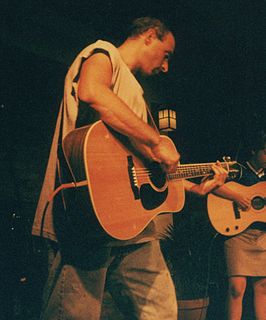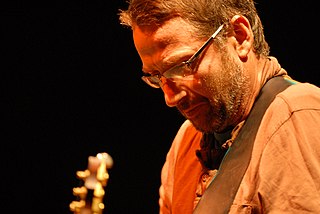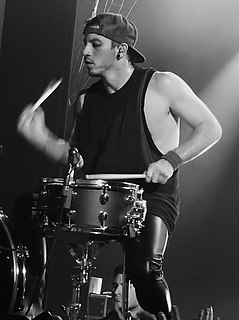A Quote by Annie E. Clark
I think every time I play, every show is different, and I think that at a certain point a song isn't about you anymore. It's about the audience, it's about how the song has worked its way into other people's lives and that kind of keeps the meaning of the song new, because you see it reflected in other people every night.
Related Quotes
Every time I write a song, it's different. I'm all about the rhythm of the words and the melody. Musically, you gotta have a throbbing pulse going. But as far as what it's all about, there's a million ways to go. You have to invent a new code for every song. Then you have to break it. It's like Scrabble or a crossword puzzle on steriods. I could talk about the process for days. But it's never dull and there's no one way in.
An audience will let you know if a song communicates. If you see them kind of falling asleep during the song, or if they clap at the end of a song, then they're telling you something about the song. But you can have a good song that doesn't communicate. Perhaps that isn't a song that you can sing to people; perhaps that's a song that you sing to yourself. And some songs are maybe for a small audience, and some songs are for a wide audience. But the audience will let you know pretty quickly.
People talk about Frank Sinatra all the time - and they should talk about Frank - but he had the greatest arrangers. They worked for him in a different kind of way than they worked for other people. They gave him arrangements that are just sublime on every level. And he, of course, could match that because he had this ability to get inside of the song in a sort of a conversational way. Frank sang to you, not at you, like so many pop singers today. Even singers of standards.
Often for me, if I hear a song I know, it clicks for me and I hear it in a different way and I think, "I could sing that song. I've got something to say about that song. Wanting to connect with an audience and wanting them to rethink songs; it is actually important to do songs they're familiar with. Also, I love those songs. In a way, I think I've changed people's perceptions of what a cabaret show like this could be.
I'm no longer beholden to the sacredness of the recorded song as some kind of ultimate standard by which every performance of the song is measured. I like to diversify, that there are multiple versions of every song. And the songs incorporate a lot of improvisation, and an element of chance, and I think that's exciting. There's no one true formulation of a song, they have various manifestations depending on the space we're in. I like that.
After talking to people and meeting them every day, I realize that a song can be written from one perspective with an objective in mind. What is crazy about it is that many different people can take one song a totally different way. That is so cool, since music is a universal thing and a very personal thing.
Thinking about making a love story without music was really frightening, Sciamma admitted. Because every love story we know, we think about 'Titanic' we think about the music, we think about 'Gone with the Wind' we think about the music, we think about 'E.T.' we think about the music, and every love story has its own tune, 'That's our song.'

































